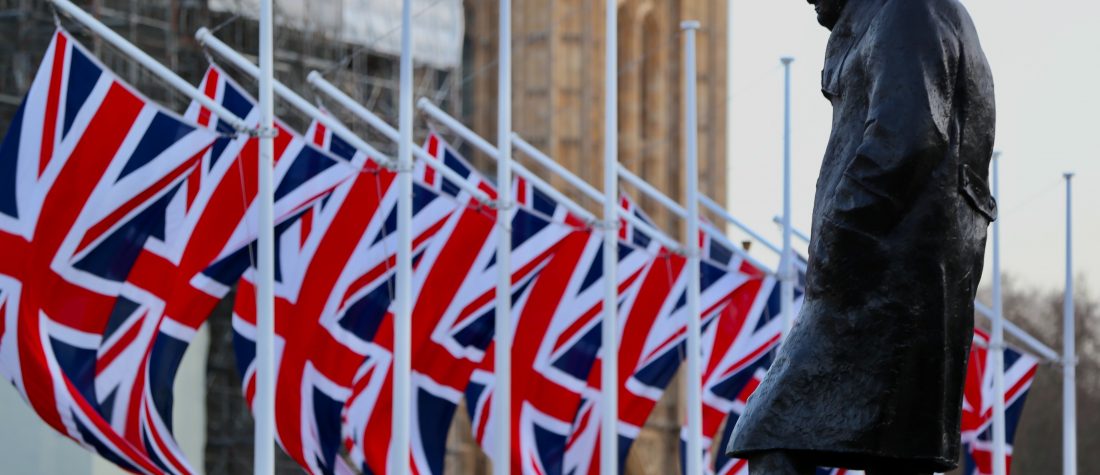There are few things on which top politicians enjoy giving lessons more than personal leadership styles. To Jacinda Ardern, leadership is not being loud but being a “bridge”. To Tony Blair, it is knowing when to say no (after all “it is very easy to say yes”). To Margaret Thatcher, leading is making the crowd follow you, rather than following the crowd.
To follow any of these nuggets of wisdom, a leader must be in possession of a few other essentials. A vision for example. According to Proverbs 29:18,“where there is no vision, the people perish”. There are two aspects to this: the first is working out what your vision is and the second is communicating it. Conviction politicians have no problem with this; Margaret Thatcher had a clear political vision for how to improve society. So did Clement Attlee.
At times of war a vision is likely to be relatively uncontested by those you lead. Nothing unites and rallies the troops like a common enemy, as George Orwell’s fictional Winston taught us. Winston Churchill’s gift of oratory boosted public morale to such an extent that despite his mistakes he is almost universally seen as essential to the victory over Nazi Germany. As prime minister during peacetime, he floundered. His vision of Empire for example was much not so unifying, and his reluctance to knuckle down to the daily grind of administration became more of a problem.
Yet Churchill’s war success did not rely on oratory alone. He worked with allies, and understood where he needed to make pragmatic compromises. With Stalin for example. He chose his generals well. Churchill may be famous for working from his bed during the war, but later spent his time playing bezique rather than reading his boxes. And as one of his biographers Roy Jenkins put it, “Cabinets were rambling affairs… Churchill was much inclined to treat them more as dinner-table audiences”
It is often said that leaders should lead by example. But in practice people also accept that leaders are leaders. Premiers are different to the crowd: an electorate teeming with Thatcher’s drive and Blair’s self-belief would be a nightmare. So leaders can and should get away with peccadilloes, but only so long as they are seen to be competent and the electorate believes they are generally heading in the right direction.


